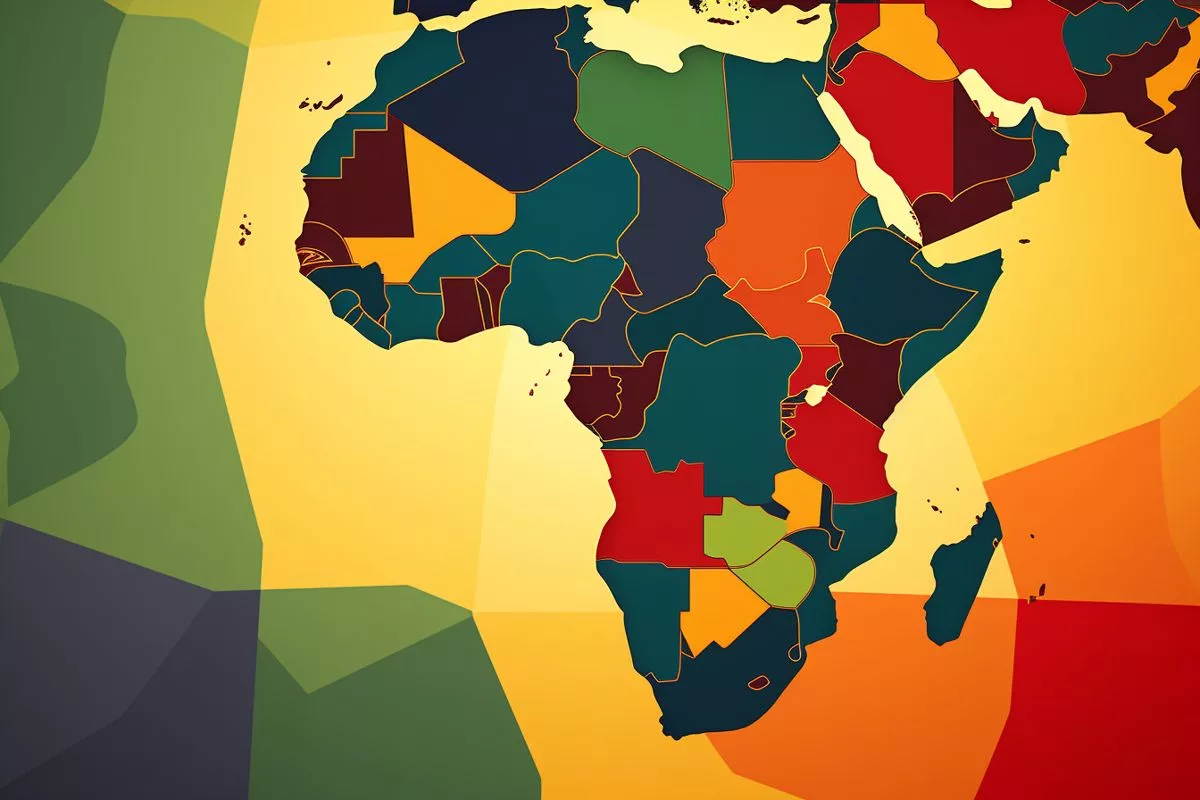South Africa’s National Evaluation Seminar 2023 brought together experts to discuss strategies for improving evaluation practices to achieve developmental goals and overcome obstacles. The seminar emphasized incorporating vulnerable societal groups to leave no one behind and highlighted the value of the rapid evaluation approach in evaluating government response to disasters and recovery plans. The event was viewed as highly valuable and relevant to many parts of the African continent and the developing world, with attendees looking forward to the next seminar.
South Africa’s National Evaluation Seminar 2023: A gathering of experts to discuss strategies to improve evaluation practices and overcome obstacles to achieving developmental goals. The seminar featured presentations from a wide-ranging pool of experts and emphasized incorporating vulnerable societal groups to uphold the principle of leaving no one behind. The rapid evaluation approach was highlighted as a valuable tool for evaluating government response to disasters and recovery plans.
The Gathering of Minds
An atmosphere of excitement and expectation was palpable as a diverse group of attendees assembled for the National Evaluation Seminar in South Africa on November 21, 2023. This annual conference, orchestrated around the theme “Overcoming challenges of limited resources, disparity, and climate change“, was honored by the presence of several eminent figures and specialists from the evaluation field, including the Minister in The Presidency for Planning, Monitoring, and Evaluation, Maropene Ramokgopa.
Since its commencement in 2014, the National Evaluation Seminar has been a powerful symbol of South Africa’s dedication to fostering learning and sharing superior techniques among practitioners. Over almost ten years, the seminar has evolved into a flagship project of the Department of Planning, Monitoring, and Evaluation (DPME), fortifying the country’s evaluation apparatus through continuous interaction with both domestic and global stakeholders across diverse sectors.
A Noteworthy Event
The 2023 seminar became particularly significant because of the involvement of Twende Mbele, a collaborative learning partnership of African governments that utilizes monitoring and evaluation as tools to strengthen governance and accountability in their respective countries. The collaboration with Twende Mbele added a substantial dimension, with participants from all six member states – Benin, Ghana, Kenya, Niger, Uganda, and South Africa – enriching the array of insights.
The seminar proved to be a dynamic fusion of viewpoints, punctuated by an impressive lineup of presentations from a wide-ranging pool of experts. One of the eagerly awaited contributions was from the Independent Evaluation Office of the New Development Bank, a pertinent addition in light of the outcomes of the historic 15th BRICS Summit that took place under South Africa’s leadership in September 2023.
Enhancing Evaluation Practices
The primary focus of the seminar was to foster discussions on strategies to improve evaluation practices, with an emphasis on overcoming obstacles to achieving developmental goals. Several thought-provoking topics were proposed for deliberation, including optimizing evaluations in the face of limited resources, utilizing existing evaluation evidence, and hastening inclusive outcomes of governmental programs.
Participants were also reminded of the critical role that evaluation practitioners play in addressing the interconnected factors contributing to South Africa’s underdevelopment. The focus was on guaranteeing that evaluation efforts have a direct impact on the lives of citizens and the environment, with a particular emphasis on incorporating vulnerable societal groups, thereby upholding the principle of leaving no one behind.
Local municipalities, which often serve as the first point of contact for service delivery, were given considerable attention during the seminar. The evaluation of their program effectiveness was acknowledged as a vital element in boosting accountability, improving service delivery, and enhancing responsiveness to local situations.
One of the seminar’s highlights was the presentation of valuable insights gleaned from the implementation of the rapid evaluation approach. This method was used to evaluate the government’s response to the 2022 flood disaster and the Economic Reconstruction and Recovery Plan. The rapid evaluation approach requires a cultural shift towards enabling prompt decision support and efficient translation of evaluation evidence into practical enhancements.
The Seminar’s Impact
The 2023 National Evaluation Seminar created a rich mosaic of insights, discussions, and presentations. The deliberations of the assembled experts were viewed as highly valuable and relevant to many parts of the African continent and the developing world. As the attendees dispersed, the resonance of their discussions and the anticipation for the next seminar lingered, testifying to the event’s impact on shaping South Africa’s approach to planning, monitoring, and evaluation.
1. What was the theme of South Africa’s National Evaluation Seminar in 2023?
The theme of South Africa’s National Evaluation Seminar in 2023 was “Overcoming challenges of limited resources, disparity, and climate change.”
2. Who attended the seminar?
The seminar was attended by a diverse group of evaluation practitioners and experts, including the Minister in The Presidency for Planning, Monitoring, and Evaluation, Maropene Ramokgopa. Participants from all six member states of Twende Mbele, a collaborative learning partnership of African governments, were also present.
3. What was the primary focus of the seminar?
The primary focus of the seminar was to discuss strategies for improving evaluation practices, with an emphasis on overcoming obstacles to achieving developmental goals. Topics included optimizing evaluations in the face of limited resources, utilizing existing evaluation evidence, and hastening inclusive outcomes of governmental programs.
4. What role do evaluation practitioners play in addressing South Africa’s underdevelopment?
Evaluation practitioners play a critical role in addressing the interconnected factors contributing to South Africa’s underdevelopment. The seminar emphasized the importance of ensuring that evaluation efforts have a direct impact on the lives of citizens and the environment, with a particular emphasis on incorporating vulnerable societal groups to uphold the principle of leaving no one behind.
5. What is the rapid evaluation approach, and how was it used during the seminar?
The rapid evaluation approach is a method that requires a cultural shift towards enabling prompt decision support and efficient translation of evaluation evidence into practical enhancements. During the seminar, the rapid evaluation approach was used to evaluate the government’s response to the 2022 flood disaster and the Economic Reconstruction and Recovery Plan.
6. What was the impact of the seminar?
The seminar was viewed as highly valuable and relevant to many parts of the African continent and the developing world. The discussions and presentations created a rich mosaic of insights, and attendees looked forward to the next seminar. The seminar’s impact on shaping South Africa’s approach to planning, monitoring, and evaluation was significant.









